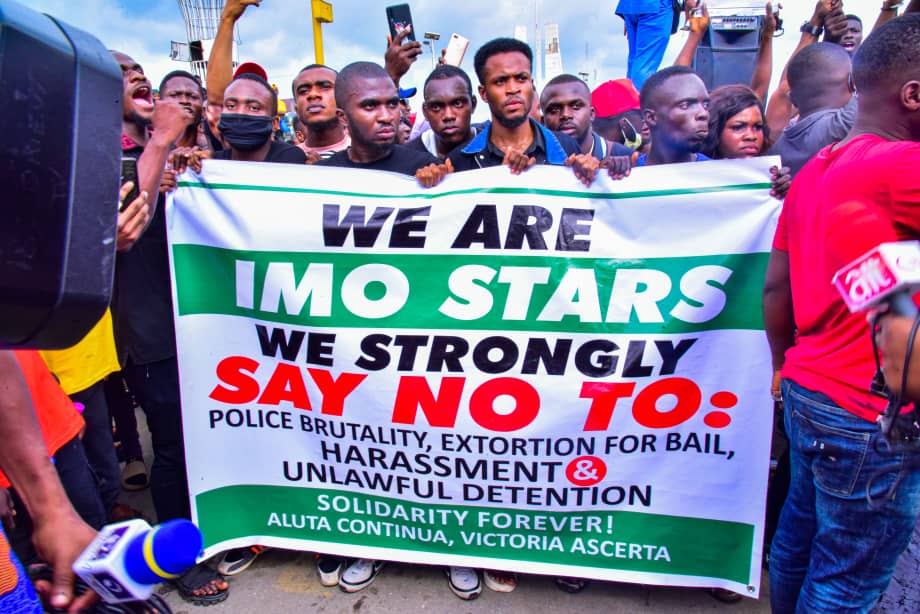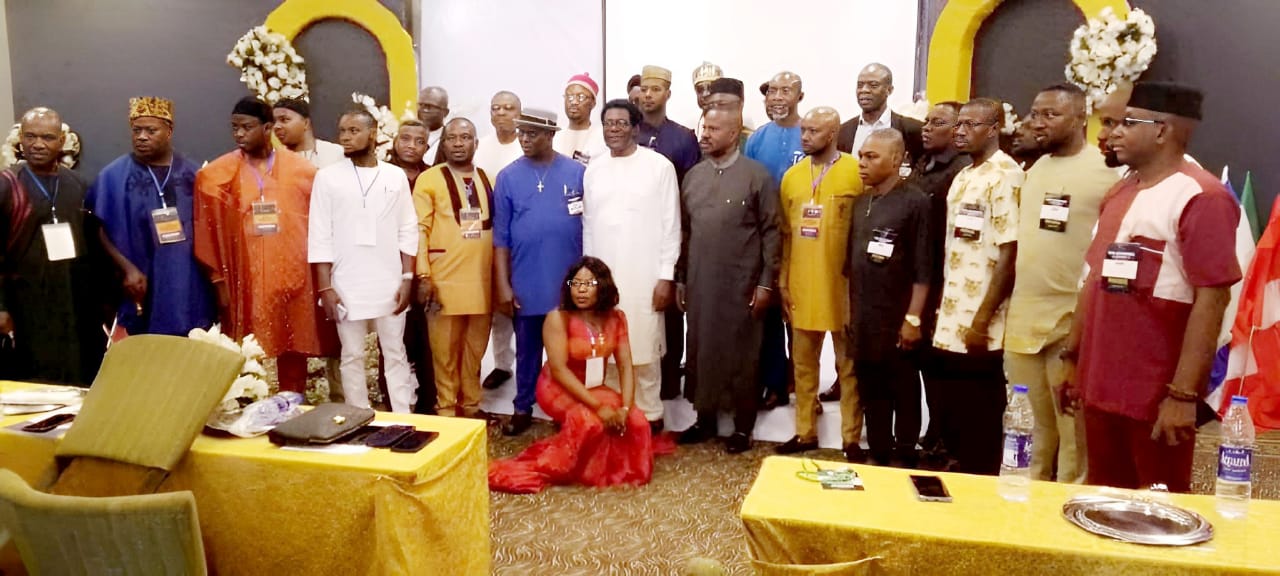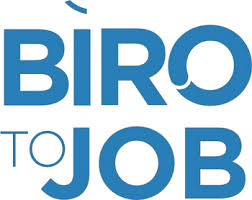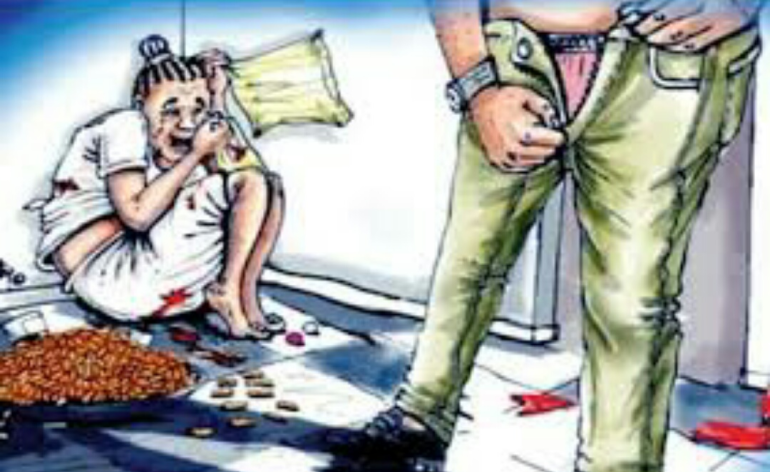Kayode Soyinka’s intriguing memoir resurrects Mandela, Abiola, Dele Giwa
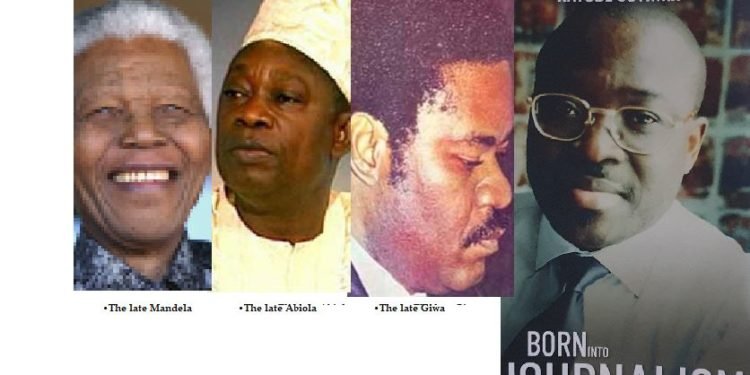
Kayode Soyinka became a man of history in Nigeria and globally on October 19, 1986 when he survived a letter bomb which killed his boss and friend, Dele Giwa. In his recently-released book ‘Born Into Journalism’, Soyinka tells enthralling tales about his life, great men he met and Nigeria, writes OLUKOREDE YISHAU
Its title suggests it is about Kayode Soyinka, who began his career as a cub reporter at 18, became a foreign correspondent in his early 20s, editor not long after and publisher before he turned 40. But, this important and mesmerising book is much more than that. In a part, it reads like a mini history of an era in Nigerian media; in another, it reads like a special focus on some important people; and there are even areas that give the feeling of the book being about a period in the Western Region of old. Soyinka’s life is interconnected with all these.
On the pages of ‘Born Into Journalism Memoir of a Newspaper Reporter’, you will meet the late Bashorun M.K.O Abiola, the great man who won the June 12, 1993 presidential election annulled shamelessly by the Ibrahim Babangida military junta. Copious space is reserved for the story of the first and only parcel bomb incident in Nigeria’s history. It killed Dele Giwa, one of the brightest minds in Nigeria’s journalism. Soyinka was with Giwa when the incident happened and survived miraculously. His account is first class. You will also meet Aremo Olusegun Osoba, another of Nigeria’s greatest in journalism, who later led Ogun State twice. Soyinka’s account of their encounters while he was foreign correspondent for Sketch is delivered in superb prose and the details are so juicy you will keep reading. His meeting with Nelson Mandela is recounted in a way that clearly screams: A truly great man once passed the African soil. Imagine Mandela waiting for a reporter at the appointed time and venue for an interview without the reporter being first kept in a reception for hours to wait for the big man!
The book also tells the story of the Egba people and their peculiarities.
Soyinka’s account of his time with the late Abiola is very intriguing. The publisher of Africa Today was appointed by Abiola’s Concord at a time he was going through a rough patch in Sketch. The great Henry Odukomaiya was the Managing Director of Concord Group of Newspapers at the time the young Soyinka was offered the lifeline to work with the firm. He was in his early 20s, a student of journalism in London and a frustrated foreign correspondent with Sketch whose management had stopped his entitlements for reasons he believed and still believes were flimsy.
Soyinka and Abiola met not long after. He was initially not happy that he was not carried along in the appointment but he made no issue out of it and Soyinka got along very well with him; so well that he was sole signatory to Concord Press’s London bank account and Abiola entrusted him with thousands of pounds.
Though employed as a correspondent, Soyinka soon became like a personal assistant to the late Abiola. He ran errands for the Concord Group outside of foreign reporting. He arranged the purchase of consumables for the presses and he and Abiola inspected a facility that would have seen Concord becoming the first newspaper to do simultaneous printing in Lagos and somewhere in the North. It took several years later for newspapers like The Nation to start this concept.
You will find interesting Soyinka’s account of how he was shielding the late Abiola from the many women always seeking his attention. His account of a particular woman who laid siege on the Concord office in London and succeeded in seeing the late Abiola is stranger than fiction. The late Abiola was angry at the woman but still issued her a ten thousand pounds cheque. The woman told Soyinka he was in love with Chief. It was an hilarious Abiola who told Soyinka later that night that the woman and others only loved his money.
With their chummy relationship, you will think the late Abiola and Soyinka would be together forever but a spanner was thrown into their works a few years after. One day Soyinka was in his office and he was told he had a visitor. The visitor turned out to be a man the late Abiola had verbally appointed to take over Soyinka’s job. The then young man would not give in easily. He insisted there must be a letter to that effect.
Meanwhile, this twist in their relationship was at a time Soyinka was about to marry the love of his life, who, incidentally, was related to Bisi, one of the wives of the late Abiola. If you think that should have helped, it did not. Abiola attended their wedding, where the families refused to make him the chairman of the occasion. He also was at the in-law’s place where Soyinka took delivery of his angel. After the marriage, Soyinka and his wife went to see Abiola but he insisted the then London correspondent must return to Lagos for a new assignment. Soyinka refused. Abiola could get no senior member of the Concord management to write a letter sacking Soyinka so he did it himself, at a time the young man just got married and his wife was expecting their first child.
Soyinka was not surprised because Abiola once sacked his blood brother, who was Controller of Finance, via a phone call while he was vacationing in London. Soyinka put it all on the fact that Abiola was human. He never forgot the good deeds of the past and he helped in his little way years later when Babangida denied Abiola his rightful place as Nigeria’s democratically-elected leader.
He moved on to work with the trail-blazing Peter Enahoro as the General Editor of his magazine, Africa Now, from where he joined Newswatch where Giwa, the man who fondly called him ‘Grand Kay’ was Editor-in-chief. Giwa was Sunday Editor in Concord and worked closely with Soyinka. They spent time in each other’s homes in Lagos and London and it was during one of such times after Soyinka had joined Newswatch that the parcel bomb which killed Giwa was delivered.
Giwa is resurrected on the pages of this amazing book, his likes, his dislikes and all come alive in blazing colours.
Recalling the day Giwa was killed, Soyinka writes: “During my time at Newswatch, a horrific incident, unique to Nigeria, occurred on 19 October 1986. It was the gruesome murder of Dele Giwa. I miraculously survived the attack. I was on an official visit to Nigeria from London. As usual, I was staying with Giwa at his Lagos home, which was then on 25 Talabi Street, Ikeja. That was when a parcel bomb was sent to him.
“The deadly package was delivered to him by his unsuspecting son, Billy, in his study, where we were having our breakfast. He took a quick look at the parcel and handed it over to me to see. I held it in my hand, looked at it, and handed it back to him. When he took it back from me, he said: ‘This must be from the president.’ The padded envelope, just slightly bigger than A4 in size, had marks that suggested it had been sent from the ‘Cabinet Office’ in Lagos. It was addressed to ‘Chief Dele Giwa’ – though he was not a chief – and with the instruction printed on it that it must be opened by the addressee only. Dele thought the envelope contained some vital documents which may help Newswatch with some stories. As he readjusted his chair and tried to tear the envelope open from the top left-hand corner, the envelope exploded. It was a huge and horrific explosion. There was a big ball of fire.
“Dele absorbed the shock and most of the impact of the massive explosion on his body, as he was the person who held the envelope and had tried to open it. I was saved by the huge mahogany L-shaped table on which we were eating. That table was so strong with a thickly padded lower part that it absorbed the impact of the explosion that would have affected me directly. Still, the explosion was powerful enough to lift me from my chair and throw me on the floor in front of the door to the study. Dele Giwa was in deep shock. He was still alive, as helpers rushed in and helped to carefully drag him out of the rubbles of the explosion. He was rushed to First Foundation Hospital, in Opebi, owned by a close friend of ours, Dr. Tosin Ajayi.
“There, he died early afternoon that Sunday. He was silenced permanently, and the Newswatch dream permanently died with him. I was extremely lucky that I survived. If there was truly that something called ‘Biblical Miracle,’ my surviving the parcel bomb was it.”
The personal story of how Soyinka’s parents waited for about a decade before having their first child and went ahead to have five more shows that it is not over until it is over. This part of the book also contains the shocking reaction of his mother anytime she had a boy. You need to find this out yourself.
He will be 45 years old in the journalism profession next year. He released his memoir one year early.
Written with an easy-to-grasp style and diction, Soyinka has written an irresistible book. Its page-turning capacity shrinks its relatively huge size.
It is an important book which should be widely read by journalists, students of Mass Communications and Journalism, veteran journalists and anyone interested in history and understanding power and ego.
The book is available on amazon.co.uk; amazon.com; and Barnes and Noble (bn.com).
– The Nation

